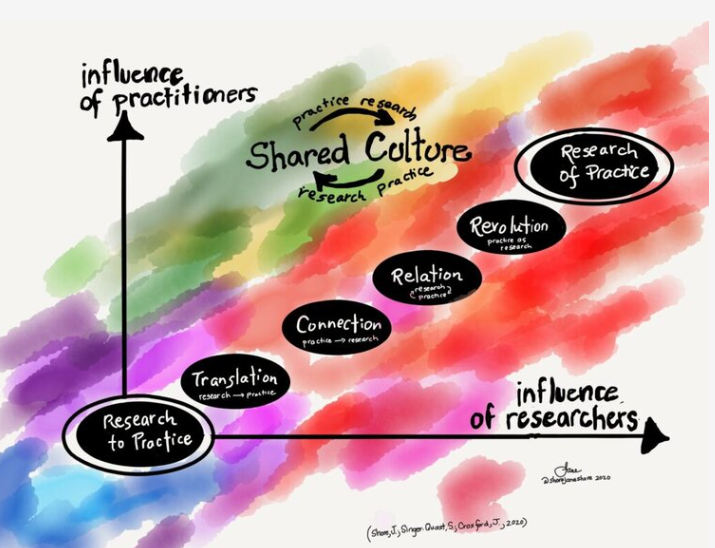SRM Resources for Studying Evaluation
by Janet Salmons, Research Community Manager for Methodspace
SAGE Research Methods (SRM) is a library subscription database that contains full-length SAGE books, including research handbooks and reference books, articles, research cases, and videos. It also allows for social bookmarking with what are called “Reading Lists.” You can create public or private collections of resources for your own research, or to share with collaborative partners or with students. You can also select items from others’ lists and add them to your own. (See this post to learn how to find or create lists.) If you would like to view resources on SAGE Research Methods but lack library access, you can request a free trial.
I curated three lists with an extensive collection of resources about evaluation. The first contains full-length texts. You can select chapters of interest and download them in PDF format. The second contains cases that illustrate particular research approach, and explain the strategies used. Click on the link, and once logged into SRM you can read, view, or download selected resources.
SRM Reading List: Evaluation
SRM Reading List: Evaluation Cases
More Methodspace posts about evaluation
In this guest post Jane Shore and Sarah Singer Quast remind us of the importance of bridging research and practice, and give specific recommendations.
Tips on assessing a course to make it relevant and useful for students’ future research.
This collection of open-access articles offers a range of strategies for evaluating your research project and process.
Want to learn more about evaluation? Looking for resources for students? Check out these articles, videos, and a free webinar series from Michael Quinn Patton and Charmagne E. Campbell-Patton.
In this interview one of co-authors of Evaluation: A Systematic Approach discusses evaluative practices.
Find over 100 resources on evaluation: books, cases, and videos, on SAGE Research Methods.
Open-access articles about cultural issues and implications for evaluative studies.
What ethical issues arise in evaluation? Find examples and recommendations in this collection of open-access articles.
Academic evaluation regimes set up to quantify the quality of research, individual scholars, and institutions have been widely criticized for the detrimental effects they have on academic environments and on knowledge production itself. Max Fochler and Sarah de Rijcke recently called for a more exploratory, less standardized way of doing research evaluation, with the introduction of the concept of the evaluative inquiry.
Michael Quinn Patton and Charmagne E. Campbell-Patton answer some questions about their work as evaluators and as a father-daughter co-author team.
Read about this co-creative project and methodologies for evaluating its success.
This collection of posts from the archives features posts by Steve Wallis and Bernadette Wright, authors of “Practical Mapping for Applied Research and Program Evaluation.”
Learn about the What? Why? When? How? Where? and Who? of evaluation from Michael Quinn Patton and Charmagne E. Campbell-Patton.
The May 2022 focus is on evaluation.
Crossing into new literature in unfamiliar fields, disciplines, methodologies, or cultures? Learn to evaluate it!
















Tips on grading and marking to make it relevant and useful for students’ future research.